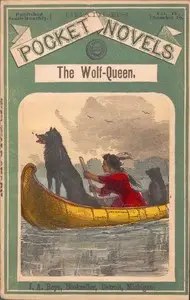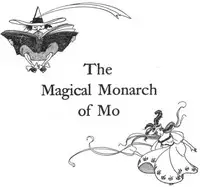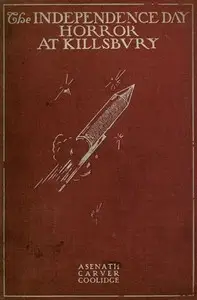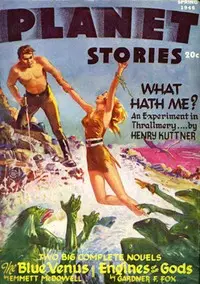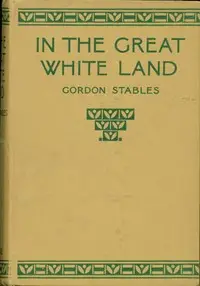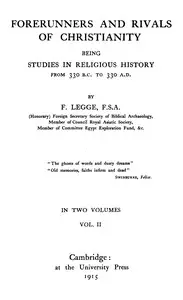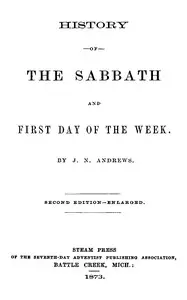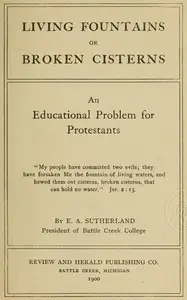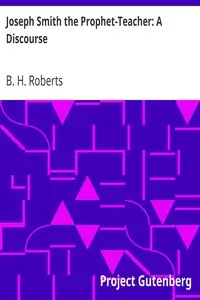"A True Interpretation of the Witch of Endor" by Lodowick Muggleton is a theological treatise written in the early 18th century. The work delves into the biblical account of the Witch of Endor as described in the Old Testament, specifically addressing the nature of Familiar Spirits and the interactions between the living and the deceased, particularly focusing on King Saul's encounter with the witch and the spirit of the prophet Samuel. Muggleton seeks to clarify what it means for spirits to exist without bodies and critiques prevailing notions about the afterlife and witchcraft. The opening of the treatise presents Muggleton's intent to interpret the Biblical text regarding the Witch of Endor, questioning the commonly held belief that spirits can exist independently of their bodies. He argues against the idea that the witch raised Samuel to communicate with Saul, suggesting instead that what was perceived as Samuel's voice was a product of Saul's own guilty conscience. Muggleton explains that the familiar spirits witches purportedly communicate with are rooted in their own imaginations rather than entities external to themselves. This foundational argument sets the stage for Muggleton's exploration of scripture and his challenge to longstanding interpretations surrounding necromancy and the nature of spiritual existence. (This is an automatically generated summary.)
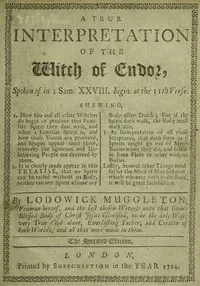
A True Interpretation of the Witch of Endor
By Lodowick Muggleton
"A True Interpretation of the Witch of Endor" by Lodowick Muggleton is a theological treatise written in the early 18th century. The work delves into ...
Lodowicke Muggleton (1609–1698) was an English religious thinker who gave his name to Muggletonianism, a Protestant sect which was always small, but survived until the death of its last follower in 1979. He spent his working life as a journeyman tailor in the City of London and was imprisoned twice for his beliefs. He held opinions hostile to all forms of philosophical reason, and had received only a basic education. He encouraged quietism and free-thought amongst his followers whose beliefs were predestinarian in a manner that was distinct from Calvinism. Near the close of his long life, Muggleton wrote his spiritual autobiography which was published posthumously.


